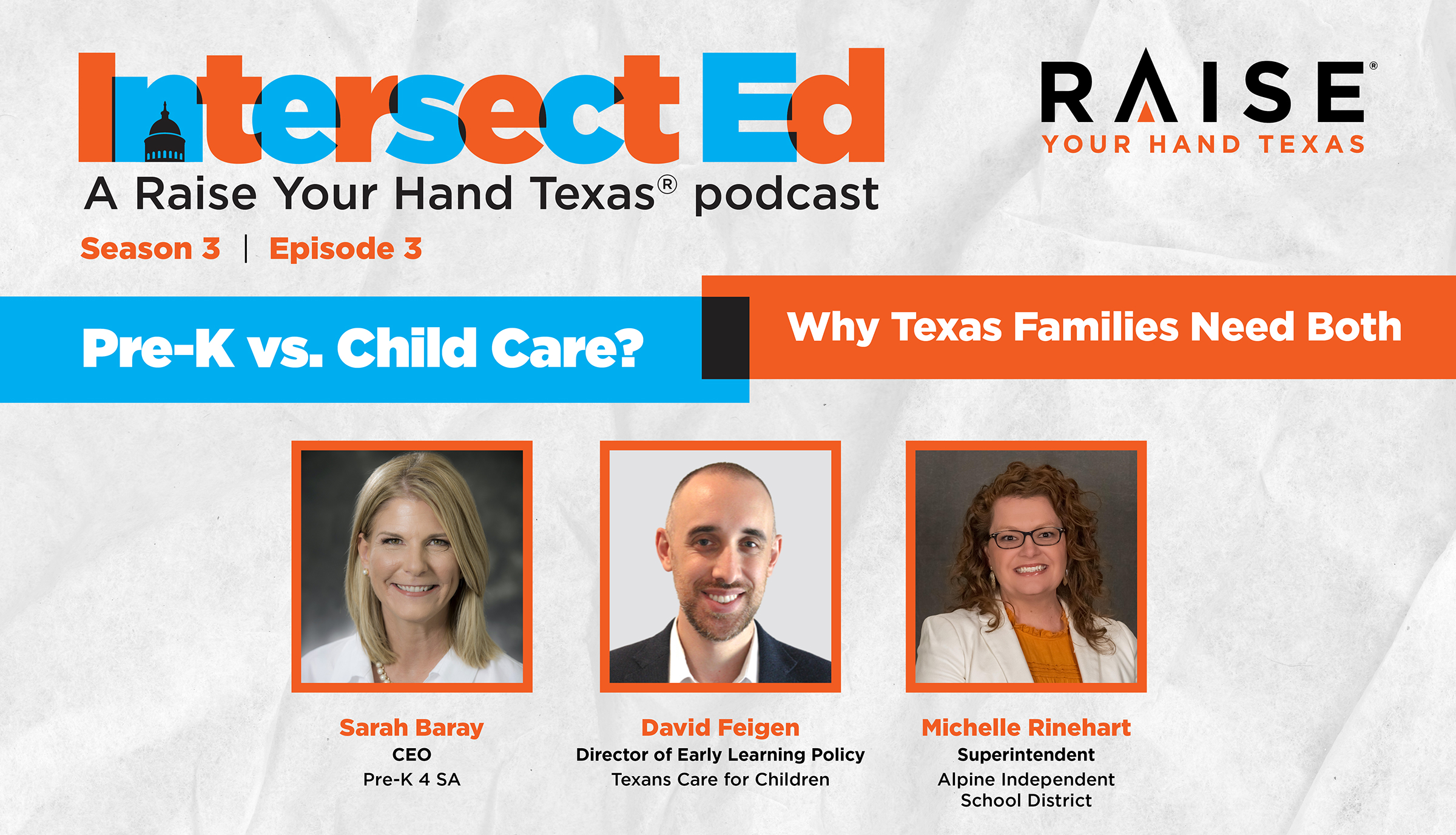
categories
Rulemaking: How Agencies Change the Rules of the Game


We’re talking about a big change that’s about to wallop Texas school districts. At the end of September, as lawmakers approach an anticipated special session this fall on private school vouchers, about one out of every four public school campuses will see the letter grade that marks their performance in the state’s A-F accountability system drop.
In many cases this will happen despite student achievement at these campuses having gone up. And for high schools, there’s an added hit: a key component of their rating, the Career, College, and Military Readiness Indicator, will be retroactively applied, based on the performance of students who graduated in 2022. So going into the 2023-2024 school year, there’s nothing they can do to change it, even if they could.
So why is this happening? Put simply, it’s because of a paperwork change—or in more precise terms, a “technical adjustment”—in how the Texas Education Agency calculates the accountability ratings. So taking the Career, College, and Military Readiness Indicator, or CCMR, as an example—instead of requiring 60 percent of kids to meet the standard to receive an A rating, now 88 percent of kids must meet it.
The roll out of new standards was not directed by the Legislature, it is an agency level decision. And to understand how we got to this point, we have to take a trip to the opaque world of agency rulemaking.
In this episode, we will hear from Todd Webster, Former Interim Commissioner of the Texas Education Agency and Rep. Gina Hinojosa explain the rulemaking process. We will also hear from Dee Carney, Assessment and Accountability Policy Consultant and Dr. Bobby Ott, Superintendent, Temple ISD discuss the process and how it the upcoming changes can negatively impact schools and their local communities.



